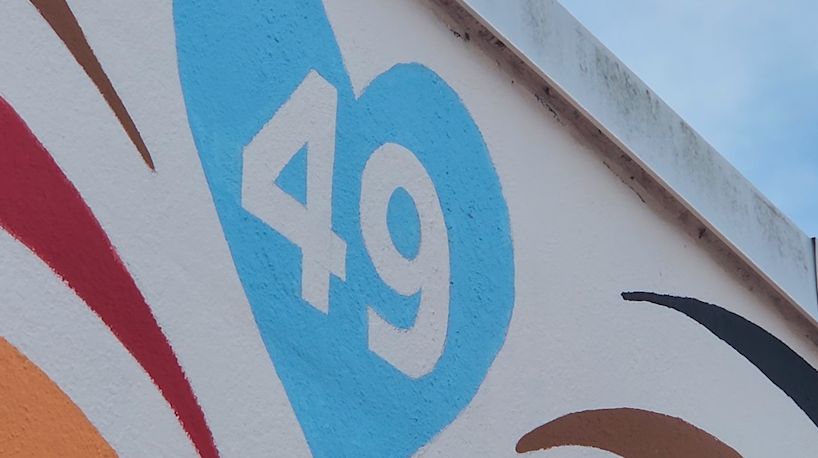ORLANDO, Fla. — June 12 marks eight years since 49 people were killed and 68 injured in a shooting at the Pulse nightclub, and the tragedy changed the Orlando community forever.
But while there was an outpouring of support for those affected in the immediate aftermath, many of those resources have ended, but the need for help has not.
What You Need To Know
- Orlando United Resiliences Services manages cases of people still hurting eight years after the Pulse nightclub shooting
- The organization runs out of The Center Orlando
- While the need remains, donations have dropped about 30%, COO Nikole Parker says
- It costs about $230,000 per year to keep the operation running, Parker says
“While some people may not think about it every day, there are so many individuals that do,” said Nikole Parker, walking the grounds of Pulse.
“We have definitely seen, you know, organizations and services kind of fall off, but we do still have the Orlando United Resiliencies Services (OURS) at The Center, which is a case management program where it was formed and originally started out as the Orlando United Assistance Center," said Parker, chief operating officer for OURS. "The Center Orlando took over that program three years ago, and we do provide target case management for anyone who is still hurting.”
Looking to the past is something that is hard for Parker to do. The pain feels as fresh as it did in 2016.
“Even if it’s been eight years, it feels like it happened yesterday,” she said.
Born and raised in Orlando, Pulse was a space for Parker to be herself.
“When I heard that this happened, it was immediately just shock and sadness," Parker said. "When your safe space is yanked from you in a matter of moments, it is hard to explain. It is hard to really put that into words, but it is something I will never forget”
Now, the memories tacked on the walls remind her of the friends she lost that night.
“We would go to Pulse together, and you know, just thinking about everyone who lost their lives that night and their families and friends who are still dealing with that eight years later, it still breaks my heart,” Parker said.
As an advocate for the LGBTQ+ community, she’s watched people heal and move on, but she said it’s important to remember that, for others, the trauma lingers.
“I love that our community was really able to come together after Pulse and really be united, but what really stands out for me are those that are still hurting, which are victims’ families, survivors and first responders,” Parker said.
“And we (OURS) want to be able to provide this service for them to link them to resources and continue their healing journey,” Parker said.
However, as the years pass, getting funding to keep OURS open is getting harder. Donations to the program have dropped about 30%, and it takes about $230,000 a year to keep the program going, Parker said.
Currently, 90 people are enrolled.
“That number varies because, especially when it comes to healing, it’s not linear; its very all-around, so sometimes we will have folks come in, especially around June 12 come in, to you know, just want to talk to somebody and just talk through things,” Parker said.
While OURS does receive grants, it relies on about a quarter of the funds to come from donations.
She said she hopes, even years later, the community will still lend a hand in supporting the Pulse survivors and the families that need programs to help. OURS also needs volunteers.
“It is incredible to see someone come in and maybe need some help and get that help and come back a few years later and tell us the story and say, 'Hey, I came in at a really tough spot, and you all helped me get from point A to point B, and those are always the stories I love to hear and that keep me going,” Parker said.
Parker said the OURS program recently has opened to anyone needing help with family economic, mental or emotional health issues. Call The Center Orlando at 407-228-8272 and make an appointment.



